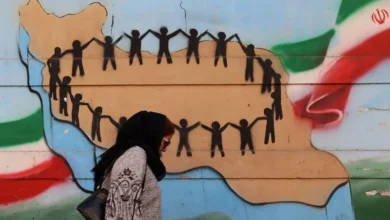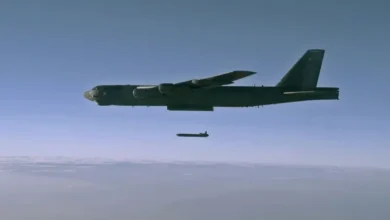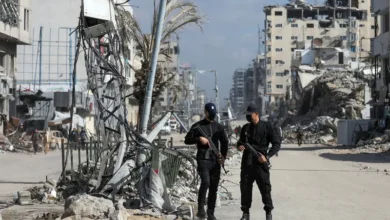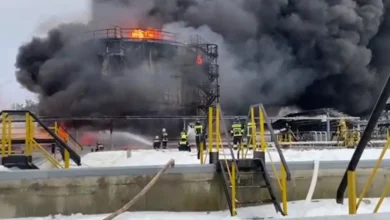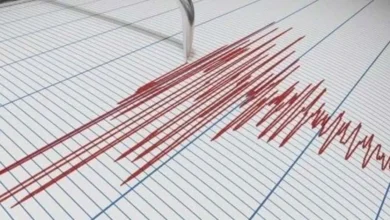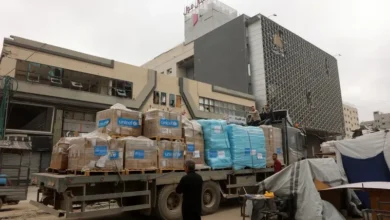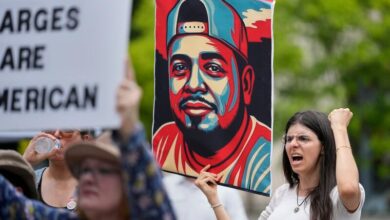Israeli cabinet to meet Tuesday to approve Lebanon ceasefire deal
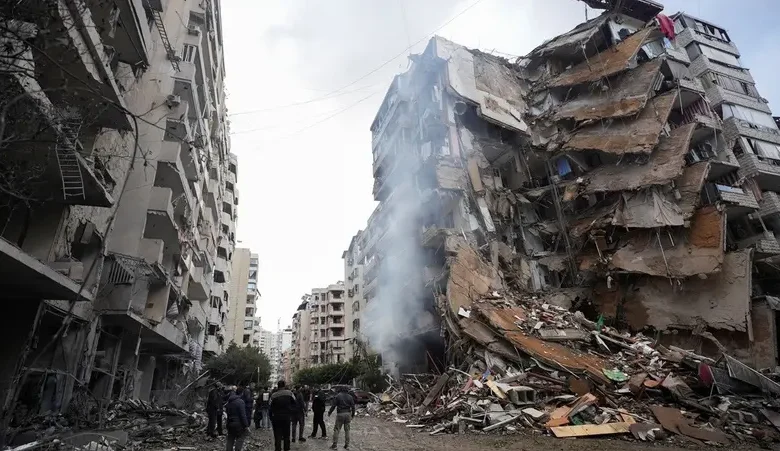
A senior Israeli official said on Monday Israel’s cabinet would meet on Tuesday to approve a ceasefire deal with Hezbollah, and a Lebanese official said Beirut had been told by Washington that an accord could be announced “within hours.”
Israeli officials had said earlier that a deal to end the war was getting closer though some issues remained, while two senior Lebanese officials voiced guarded optimism even as Israeli strikes pounded Lebanon anew.
US news website Axios, citing an unnamed senior US official, said Israel and Lebanon had agreed to the terms of a deal, and a senior Israeli official said.
Israel’s ambassador to the United Nations, Danny Danon, said Israel would maintain an ability to strike southern Lebanon under any agreement.
Israeli Prime Minister Benjamin Netanyahu’s office declined to comment on the Axios report.
The US has pushed for a deal to end over a year of hostilities between Iran-backed Hezbollah and Israel that erupted in parallel with Israel’s war against Palestinian group Hamas in Gaza, but drastically escalated over the last two months, raising fears of a wider Middle East war.
In Beirut, Lebanese Deputy Parliament Speaker Elias Bou Saab told Reuters there were “no serious obstacles” left to beginning implementation of a US-proposed ceasefire with Israel.
Bou Saab said the proposal would entail an Israeli military withdrawal from south Lebanon and regular Lebanese army troops deploying in the border region, long a Hezbollah stronghold, within 60 days.
He said a sticking point on who would monitor compliance with the ceasefire been resolved in the last 24 hours with an agreement to set up a five-country committee, including France and chaired by the United States.
A Western diplomat said another stumbling block had been the sequencing of Israel’s withdrawal, the Lebanese army’s deployment and the return of displaced Lebanese to their homes in south Lebanon.
Israeli airstrikes on Beirut continue
Hostilities have intensified in parallel with the diplomatic flurry: Over the weekend, Israel carried out powerful airstrikes, one of which killed at least 29 people in central Beirut – while the Iran-backed Hezbollah unleashed one of its biggest rocket salvoes yet on Sunday, firing 250 missiles.
In Beirut, Israeli airstrikes levelled more of the Hezbollah-controlled southern suburbs on Monday, sending clouds of debris billowing over the Lebanese capital.
Efforts to clinch a truce appeared to advance last week when US mediator Amos Hochstein declared significant progress after talks in Beirut before holding meetings in Israel and then returning to Washington.
“We are moving in the direction towards a deal, but there are still some issues to address,” Israeli government spokesperson David Mencer said, without elaborating.
Michael Herzog, the Israeli ambassador in Washington, told Israel’s GLZ radio an agreement was close and “it could happen within days … We just need to close the last corners,” according to a post on X by GLZ senior anchorman Efi Triger.
A second senior Lebanese official, speaking on condition of anonymity earlier in the day, said Beirut had not received any new Israeli demands from US mediators, who were describing the atmosphere as positive and saying “things are in progress.”
The conflict between Israel and Hezbollah spiraled into full-scale war in September when Israel went on the offensive, pounding wide areas of Lebanon with airstrikes and sending troops into the south.
Israel has dealt major blows to Hezbollah, killing its leader Hassan Nasrallah and other top commanders and inflicting massive destruction in areas of Lebanon where the group holds sway.
Diplomacy has focused on restoring a ceasefire based on UN Security Council Resolution 1701, which ended a 2006 Hezbollah-Israel war.
It requires Hezbollah to pull its fighters back around 30 km (19 miles) from the Israeli border, behind the Litani River, and the regular Lebanese army to enter the frontier region.
Hezbollah says deal now in Israel’s hands
Israeli Foreign Minister Gideon Saar said the test for any agreement would be in the enforcement of two main points.
“The first is preventing Hezbollah from moving southward beyond the Litani, and the second, preventing Hezbollah from rebuilding its force and rearming in all of Lebanon,” Saar said in broadcast remarks to the Israeli parliament.
Far-right National Security Minister Itamar Ben-Gvir said Israel must press on with the war until “absolute victory.” Addressing Netanyahu on X, he said “it is not too late to stop this agreement!”.
But Agriculture Minister Avi Dichter said Israel should reach an agreement in Lebanon. “If we say ‘no’ to Hezbollah being south of the Litani, we mean it,” he told journalists.
Hezbollah leader Naim Qassem said last week that the group had reviewed and given feedback on the US ceasefire proposal, and any truce was now in Israel’s hands.
Branded a terrorist group by the United States, the heavily armed, Shia Muslim militant group has endorsed Parliament Speaker Nabih Berri of the Shia Amal movement to negotiate.
Israel says its aim is to secure the return home of tens of thousands of people evacuated from its north due to rocket attacks by Hezbollah, which opened fire in support of Hamas at the start of the Gaza war in October 2023.
Israel’s offensive has forced more than 1 million people from their homes in Lebanon.
